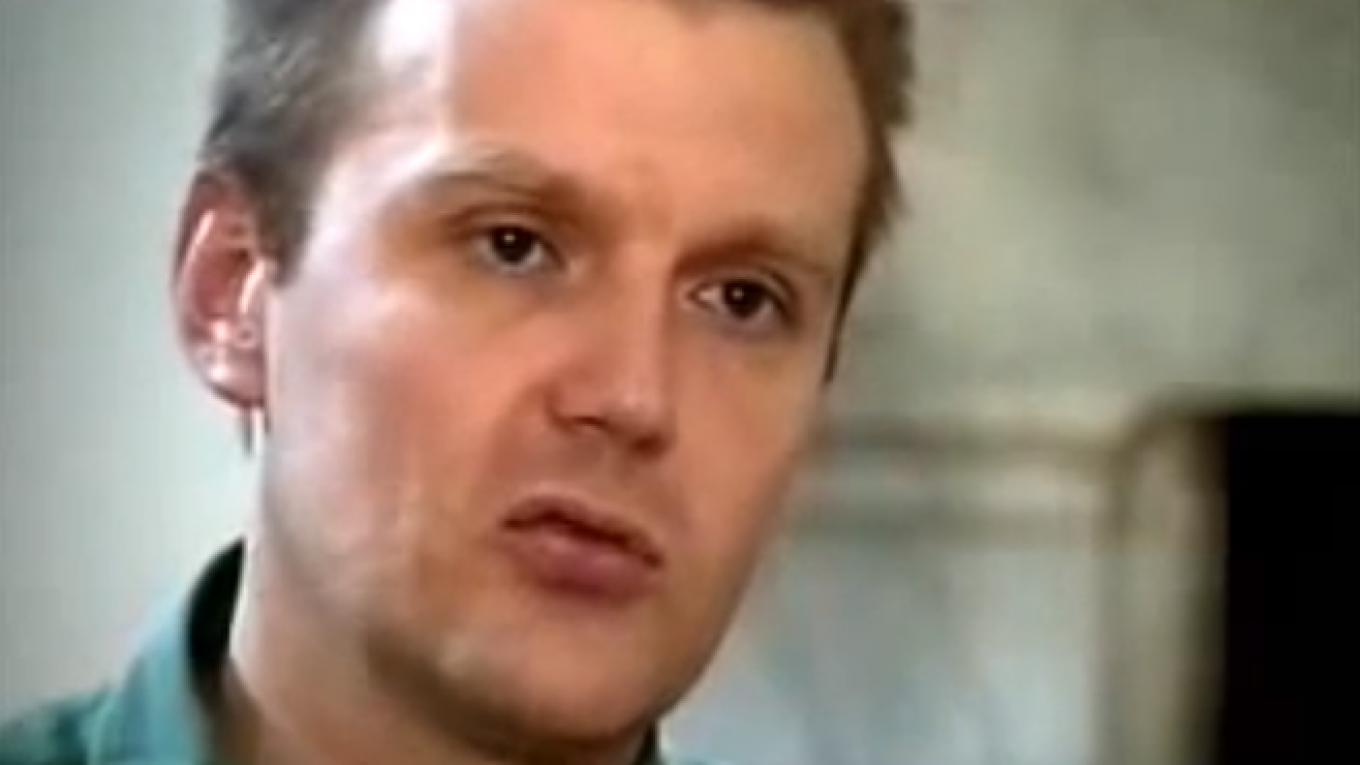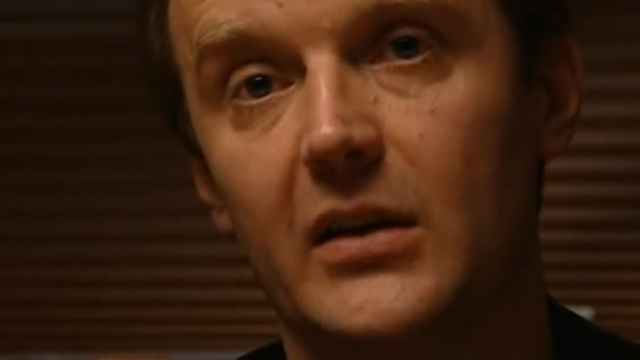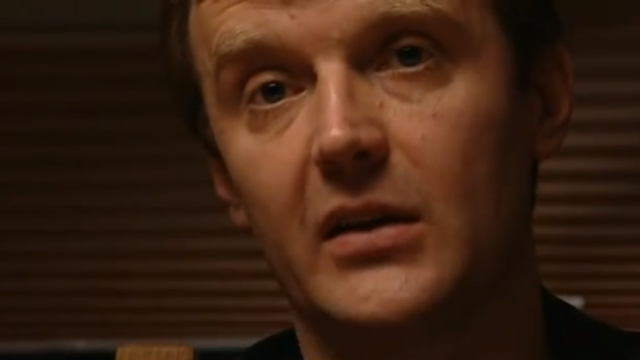LONDON — Britain's public inquiry next year into the 2006 murder of former KGB spy Alexander Litvinenko should not be broadcast because witnesses could face reprisals from Russia, the lawyer representing London's police force said Friday.
Kremlin critic Litvinenko, 43, died after being poisoned with a radioactive isotope slipped into a cup of tea in a plush London hotel, a crime which from his death bed he blamed on Russian President Vladimir Putin.
Russia has repeatedly denied any involvement but Robert Owen, chairman of the inquiry which British ministers in July finally agreed to hold, has said the government had material which indicated the Kremlin was responsible.
"This was a highly organized and shocking execution and you have found prima facie evidence of Russian state involvement," Richard Horwell, the Metropolitan Police's lawyer told Owen as he argued broadcasting the inquiry live over the internet when it begins in earnest in January would discourage witnesses.
"No one can suggest it's fanciful for a witness in this of all hearings to be concerned about reprisal or revenge in whatever form from Russia."
He was backed by the British government's lawyer Neil Garnham who said there was also the potential to damage national security through the deliberate or inadvertent disclosure of restricted material.
"This is far from an easy question to resolve," said Owen who has previously indicated he wanted the much-anticipated inquiry to be as open as possible.
Anglo-Russian ties fell to a post-Cold War low after Litvinenko's death, particularly after British prosecutors said there was enough evidence to charge former KGB agents Andrei Lugovoi and Dmitry Kovtun with murder.
Despite a thawing in relations when David Cameron became prime minister in 2010, the recent crisis in Ukraine has once again led to antagonism.
A Message from The Moscow Times:
Dear readers,
We are facing unprecedented challenges. Russia's Prosecutor General's Office has designated The Moscow Times as an "undesirable" organization, criminalizing our work and putting our staff at risk of prosecution. This follows our earlier unjust labeling as a "foreign agent."
These actions are direct attempts to silence independent journalism in Russia. The authorities claim our work "discredits the decisions of the Russian leadership." We see things differently: we strive to provide accurate, unbiased reporting on Russia.
We, the journalists of The Moscow Times, refuse to be silenced. But to continue our work, we need your help.
Your support, no matter how small, makes a world of difference. If you can, please support us monthly starting from just $2. It's quick to set up, and every contribution makes a significant impact.
By supporting The Moscow Times, you're defending open, independent journalism in the face of repression. Thank you for standing with us.
Remind me later.






